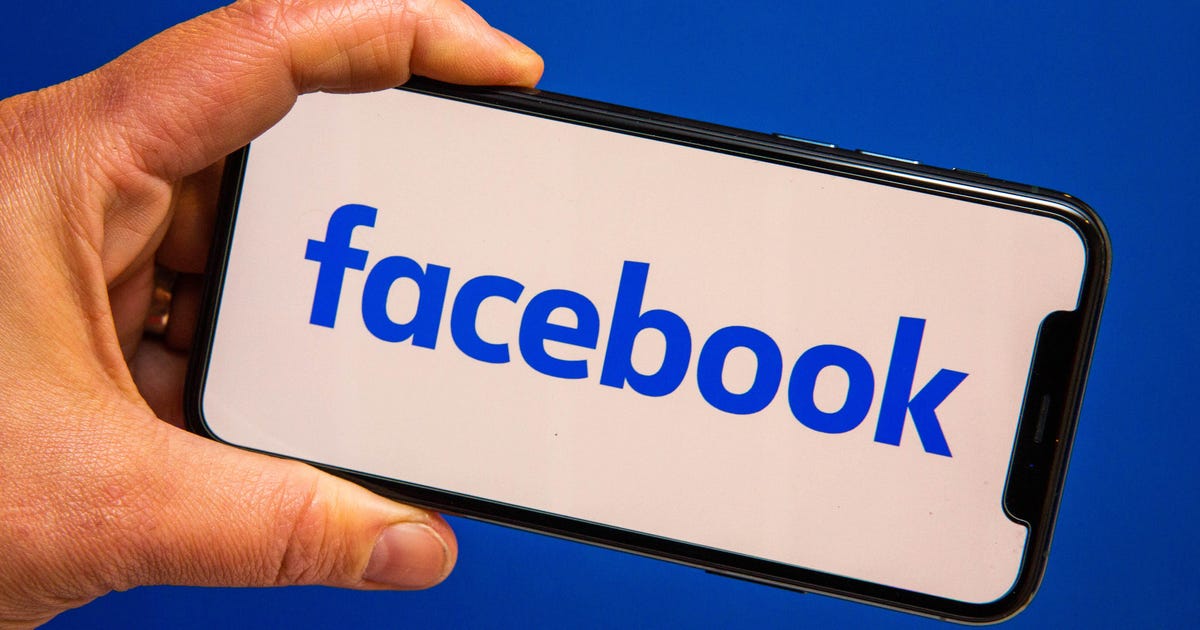Facebook Accused Of 'misleading' Public About Ads Targeting Teenagers
Facebook accused of misleading public about ads targeting children facebook accused of misleading public about ads targeting men facebook accused of misleading public about ads targeting seniors facebook accused of misleading public about ads in review facebook accused of misleading public about ads opt facebook accused of misleading public about adsense facebook accused of misleading statistics facebook accused of ethical dilemmas facebook accused of watching instagram users through cameras facebook accused of political bias facebook accused of watching instagram users through cameras

Facebook accused of 'misleading' public about ads targeting teenagers
Facebook is still gathering data from children and teenagers, despite making changes to how advertisers can reach young people earlier this year, a report released late Monday from advocacy groups Reset Australia, Fairplay and Global Action Plan says.
The social network, which rebranded as Meta this year, said in July that advertisers would no longer be able to target ads to people under the age of 18 based on their interests or activity on other apps and websites. The changes, made in response to concerns raised by youth advocates, meant that advertisers were only allowed to target teens based on their age, gender and location.
In a letter sent to CEO Mark Zuckerberg, 46 advocacy groups including Reset Australia, Amnesty International USA and FairPlay, accuse the social media company of misleading the public and lawmakers about how much it restricts advertising targeting teenagers.
"While Facebook says it will no longer allow advertisers to selectively target teenagers, it appears Facebook itself continues to target teens, only now with the power of AI," the letter states.
Advocacy groups cited a report, which details an experiment in which Reset Australia researchers Elena Yi-Ching Ho and Rys Farthing with the help of journalist Matthias Eberl, created three accounts -- one registered as a 13-year-old and two as 16-year-olds. The researchers said it found through its experiment that Facebook's ad delivery system is still harvesting data from children and teenager.
The researchers describe this AI-powered system as an "extremely powerful algorithm that is able to predict advertising that each user may interact with." Facebook can still collect data from browser tabs and pages that children open, information like which buttons they click on, terms they searched, and products they purchased or put in their basket, according to the report.
Meta spokesman Joe Osborne said the company hasn't seen the report but said the social network "doesn't use data from our advertisers' and partners' websites and apps to personalize ads to people under 18."
"The reason this information shows up in our transparency tools is because teens visit sites or apps that use our business tools. We want to provide transparency into the data we receive, even if it's not used for ads personalization," he said.
The groups are urging Facebook to be more transparent about the impact of its ad targeting changes and end "surveillance marketing" to children and teens.
The social media giant has faced more scrutiny over its impact on teenagers after former Facebook product manager turned Whistleblower Frances Haugen leaked thousands of pages of internal documents to the US Securities and Exchange Commission and Congress. The Wall Street Journal published a series of stories partly based on Facebook's internal research, including an article about how Facebook knew its "toxic" for teen girls and worsened body image issue for some young people. Facebook said the research was being mischaracterized, noting Instagram also connected teenagers with their friends and family.
Advocacy groups say gathering data through AI to serve teens advertising is "especially concerning" because a teenager with an eating disorder or struggling with mental health issues might see weight loss ads.
Source




